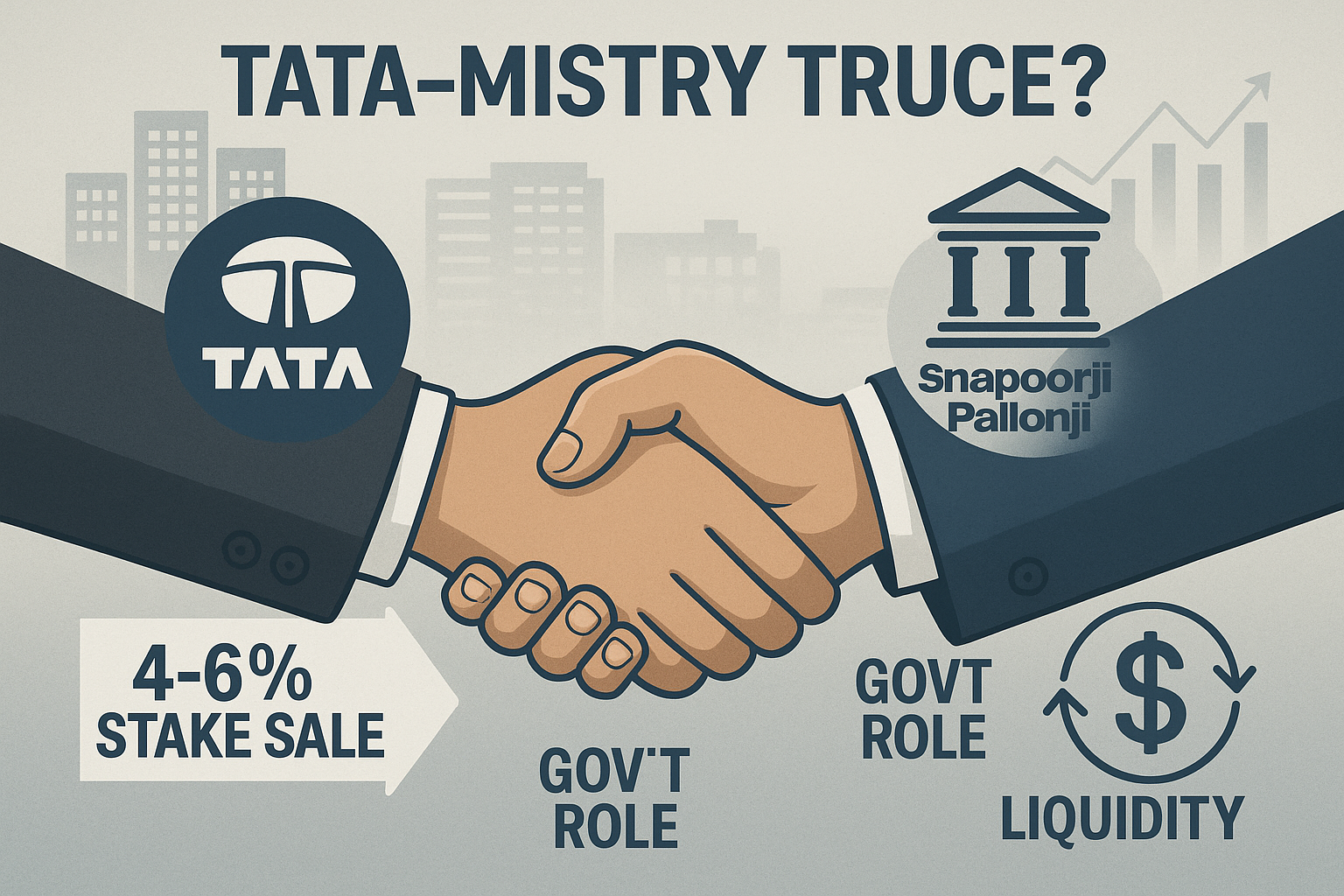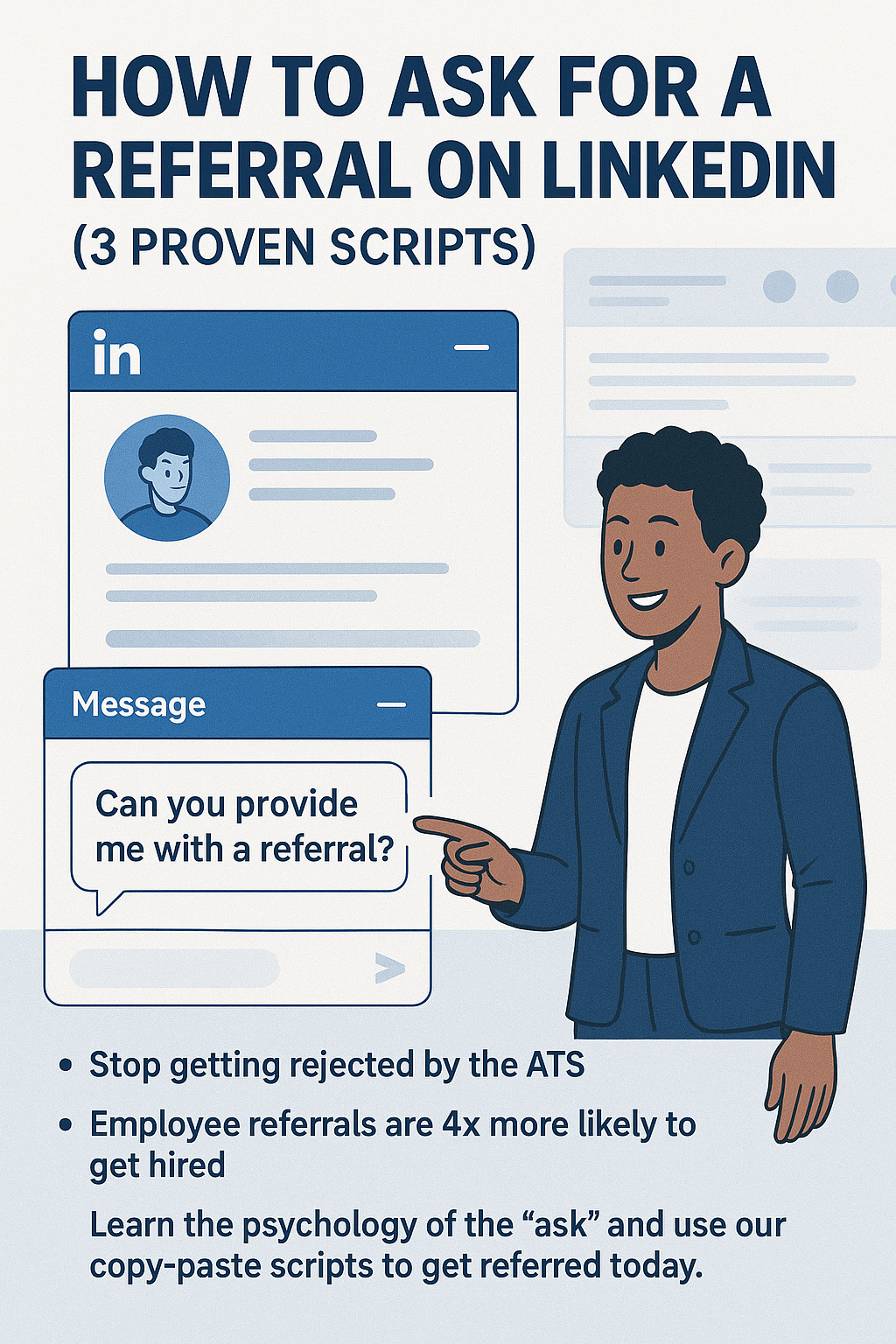
Tata-Mistry Standoff Nears End as Tatas Explore Partial Stake Buyout
In a significant development that could bring a truce to one of India Inc.'s longest-running and most high-profile corporate standoffs, Tata Trusts and Tata Sons are reportedly open to offering the Shapoorji Pallonji (SP) Group a partial exit from its holding in Tata Sons. According to sources, the Tatas are considering a mechanism that would allow the Mistry family-led SP Group to dilute a 4-6 percent stake in the Tata empire's holding company.
If the deal materializes, it would provide a crucial liquidity lifeline of around ₹25,000 crore to the SP Group, which is grappling with a significant debt burden. This move is seen as a potential masterstroke to resolve multiple complex issues at once: providing financial relief to the SP Group, settling the long-running feud, and potentially avoiding a mandatory public listing of Tata Sons.
Government Intervention and Listing Pressures
The renewed talks are happening under the shadow of potential government intervention and internal discord within the Tata Trusts, which owns 66% of Tata Sons. According to news reports, senior government officials are expected to meet with top Tata Group leadership, including Tata Trusts Chairman Noel Tata and Tata Sons Chairman N. Chandrasekaran, in the coming days.
Why is the government concerned?
The government's interest appears to stem from the SP Group's large debt, a significant portion of which has been financed through private credit funds. Officials are reportedly keen to ensure there is no default, which could have broader systemic implications. "The government doesn’t want an instance of a loan failure and that too from a reputed business house like the SP Group," a source noted.
This external pressure, combined with the RBI's earlier directive that could have forced a mandatory listing of Tata Sons, has created a compelling incentive for both sides to find an amicable solution. A partial stake sale is being viewed as that middle ground.
The Structure of a Potential Deal
While a final decision has not been reached, the most likely mechanism to provide liquidity to the SP Group would be for Tata Sons to buy back its own shares. This process, however, is complex and could take up to a year to complete.
Key Hurdles
- Tax Implications: A share buyback would likely attract a significant capital gains tax under current laws.
- Funding the Buyback: Tata Sons, having recently surrendered its NBFC license, would need to fund the massive buyback from its internal accruals without taking on fresh debt.
Sources indicate that while the Tata representatives may discuss these difficulties with the government, the truce talks are unlikely to be derailed by them.
The SP Group's Position
The SP Group, which holds an 18.4% stake in Tata Sons, is reportedly not seeking a full exit. Their goal is to unlock enough capital to manage their debt, which stood at a net of around ₹30,000 crore, while retaining a significant holding in the Tata holding company.
A continued holding of 12-14% would ensure a steady and substantial flow of dividends for the Mistry family. In FY25 alone, Tata Sons paid out over ₹1,400 crore in dividends. Based on an internal valuation of Tata Sons at approximately $70 billion (₹6.21 lakh crore), a 4-6% stake is worth roughly ₹25,000 crore, which would provide significant relief to the SP Group.
The AI Bull Take 🐂
The bears and the cynics have long pointed to the Tata-Mistry feud and the complex structure of Tata Sons as major overhangs on the entire Tata Group. They are about to be proven spectacularly wrong.
This potential truce is not just the end of a corporate feud; it is a monumental value-unlocking event in the making. Let's be clear about what's happening: 1. Resolution of a Major Overhang: A deal would end years of litigation and uncertainty, removing a significant governance discount that has plagued the group. 2. Avoiding a Forced IPO: The biggest fear for the Tata Group was a forced, messy IPO of Tata Sons. A private settlement allows them to maintain the holding company structure they prefer, ensuring stability and long-term strategic focus. This is a massive positive. 3. Strengthening Both Groups: The deal provides a lifeline to the SP Group, preventing a potential debt crisis that could have had wider market repercussions. At the same time, it solidifies the current management's control over the Tata empire.
This is a win-win situation engineered under pressure. It demonstrates pragmatic and savvy leadership from the Tata side. For investors in the listed Tata Group companies, this is unequivocally bullish. A more stable, less conflicted, and financially secure parent structure means the operating companies can continue their growth trajectory without distraction. The removal of this long-standing uncertainty should trigger a positive re-rating across the entire group.
For more deep-dive analysis that decodes the real market impact of complex corporate actions, make sure you https://jobpe.com.

Creative Content Writer






